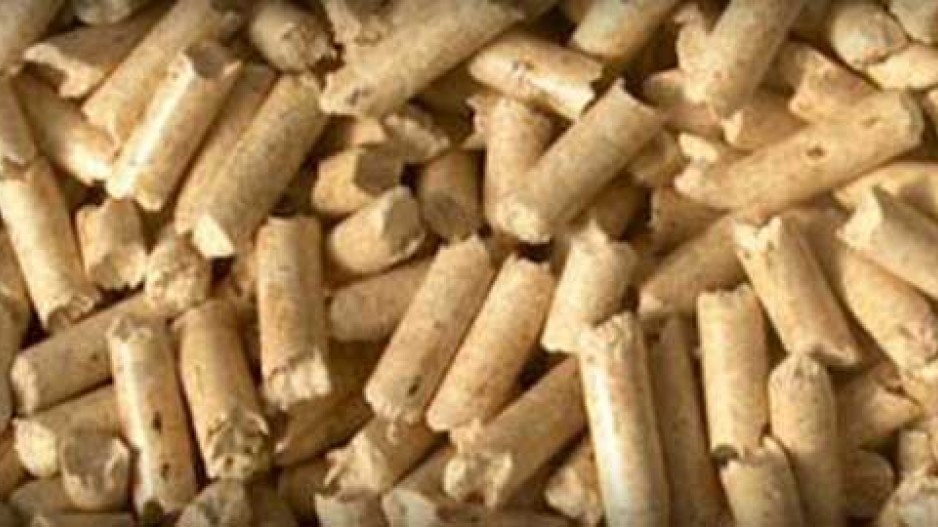Canfor Corp. (TSX:CFP) has announced plans to sell its tenure in Fort Nelson to Peak Renewables, which makes wood pellets for energy.
While the community of Fort Nelson is likely to welcome the deal, if it means jobs from a new pellet plant, the transfer could get pushback from environmentalists who don’t like the idea of cutting whole trees to make pellets for burning.
And under new rules governing tenure sales and transfers, B.C.’s minister of Forests could block the sale, depending on the level of community and First Nation support for the plan.
Canfor announced Tuesday it has agreed to sell its Crown tenure to Peak Renewables for $30 million. Canfor’s press release also notes that the announcement follows earlier news that it was selling Peak Renewables its mill assets in Fort Nelson.
Canfor’s sawmill in Fort Nelson has been shut down since 2008, and Peak Renewables is not a lumber company, so it seems unlikely that the sawmill there will be restarted. Peak Renewables could not be reached for comment.
But if tenure sale results in a new pellet plant being built in Fort Nelson, it will likely be welcomed by the community.
Fort Nelson has lobbied hard in recent years to attract forestry companies. It is one of the few regions in B.C. with a surplus or harvestable timber.
“I would say that if there’s any activity, anything that would generate activity locally in the forest industry will get a lot of positive attention,” said Mike Gilbert, regional development officer
for the Northern Rockies Regional Municipality.
But if Peak Renewables’ plan is to harvest trees for the sole purpose of producing pellets for energy generation, there could be pushback from environmentalists.
There is a big market for wood pellets in Europe, notably Germany, where wood pellets are burned instead of coal to generate heat and power.
Most wood pellets in B.C. have been made from wood waste. But as the demand for pellets has increased, companies in B.C. have been resorting to using whole trees – although they are usually low quality timber with little value for sawmilling.
Earlier this year, Stand.earth singled out two B.C. pellet producers for using whole trees for pellet production. Some sustainable energy experts say that, even when whoe live trees are harvested for pellet production, it is still better than burning fossil fuels, because the trees grow back.




